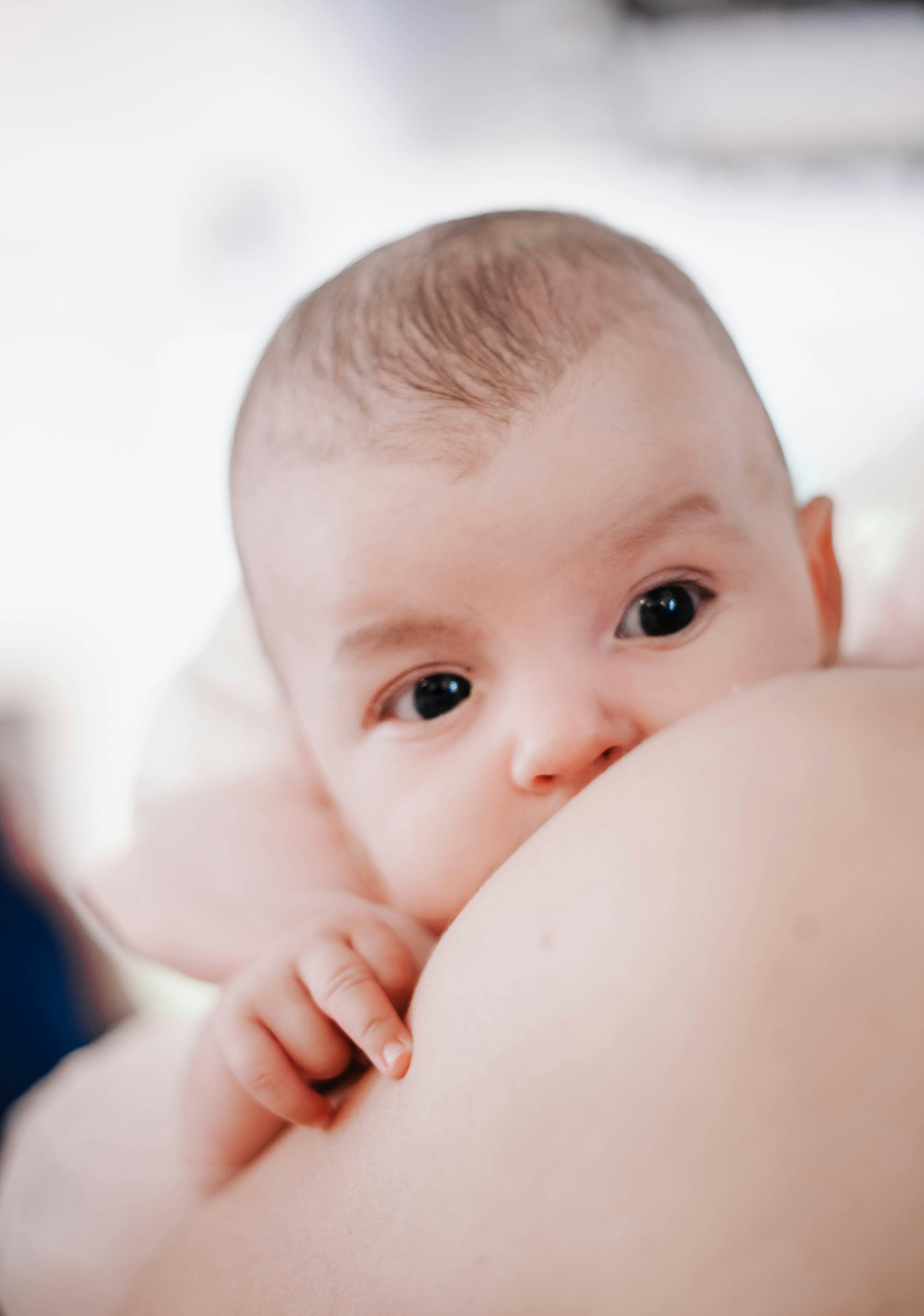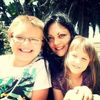Do Nursing Vacations Work?
If you've faced challenges with low milk output and have explored different methods to enhance it, a nursing vacation could be the solution for you.

Nursing Vacation
What is a Nursing Vacation?
It is NOT taking a break from breastfeeding!
On the contrary, a nursing vacation (sometimes called ‘The pump-in weekend’) is when you and your baby spend at least 36 hours doing nothing but breastfeeding, cuddling, and relaxing together.
This does not mean that your bed imprisons you. You can watch movies, read your favorite book or magazine, knit, or even nap.
Spending uninterrupted skin-to-skin time with your baby is important, as well as responding as quickly as possible to their nursing cues.

Master Your Milk Supply
Never worry about your milk supply ever again! This is a 5-part video series designed to help breastfeeding mothers maximize their milk production. This course is an excellent resource for mothers who are concerned about their baby not getting enough breast milk, frustrated with minimal pumping results, or fearful of losing their milk supply. The video series offers step-by-step lessons that are available on-demand and accessible across all devices.
Why Should I Go on a Nursing Vacation?
If you have a low milk supply and have tried different methods to help boost your supply, you’re a perfect candidate for a nursing vacation!
The time you spend with your baby will significantly benefit both of you. It will boost your milk supply and improve your baby’s development and calm them.

What Do I Do on a Nursing Vacation?
The focus point is on you and your baby. The main idea is to trick your brain into thinking that your baby is going through a growth spurt and needs more milk.
This is why it is vital to feed or pump as often as possible. The more you breastfeed or pump, the more milk will be produced.
You need to spend most of the three days doing skin-to-skin contact with your baby to promote the production of certain hormones in both you and your baby.
What Are the Benefits of a Nursing Vacation?
#1 Skin-to-Skin Contact
Skin-to-Skin contact promotes the production of the following hormones:
1. Oxytocin (‘Love Hormone’)
- Increased relaxation, attraction, facial recognition, and maternal caregiving behaviors.
- It stimulates milk “let-down."
- Anti-Stress. It even decreases the risk and severity of postpartum depression.
- It promotes low blood pressure, reduced heart rate, and certain kinds of artery repair, reducing the lifelong risk of heart disease.
- Controls the permanent organization of the stress-handling part of a baby’s brain, thus promoting lasting security that will influence social behavior, aggression, forming lasting bonds, mental illness, and handling of stress.

2. Prolactin (‘Parenting Hormone‘)
- Promoting milk production.
- Promotes caregiving behavior.
- Relaxes.
- Reduces libido (not sexual function) to ensure that all the attention and energy is directed towards the baby.
3. Opioids (‘Pleasure Hormones’) Reduce pain awareness.
- Enhances bonding.
4. Norepinephrine (‘Adrenaline’)
- Enhances energy.
- Promotes learning.
5. Pheromones
- Steroid hormones that are made in our skin.
- Controls brain organization.

The Tushbaby Hip Carrier
With its ergonomic design and comfortable waistband, Tushbaby provides optimal support for you and your baby. Say goodbye to shoulder and back pain from traditional carriers, as Tushbaby evenly distributes your baby's weight, relieving strain and promoting better posture.
#2 Increased Milk Production
The more you feed or pump, the more milk you will start to produce. Non-nutritional sucking, also known as comfort nursing, is a great way to boost your milk production.
#4 Better Bonding
A nursing vacation gives you more quality time with your baby. You get to know each other better and even bond more quickly. As a matter of interest, adoptive mothers often use breastfeeding to bond with their adopted babies, even if they have little or no milk. They do this by supplementing via an SNS filled with donor breast milk or formula.
#5 Relaxation
You and your baby get to relax, giving your body and mind time to heal.
When we don’t relax enough, we don’t give our brains a chance to interpret and perceive all the new information and knowledge obtained. This can have adverse effects on our physical and mental health.
Relaxation can:
- Give you the feeling of well-being.
- Reduce anxiety
- Reduce the effects of fatigue and tiredness caused by stress.
- Lessen aches and pains caused by muscle tension.
- Reduce blood pressure.
Nursing Vacation Tips
- Rest as much as possible. Sleep with your baby.
- Relax. Do only relaxing activities.
- Stay healthy by eating healthy.
- Stay hydrated. Consider things like jungle juice to boost hydration and energy levels.
- Schedule your nursing vacation when you have lots of help and are prepared.
- If you have other kids, ask for help from your husband or partner, good friends, family members, or neighbors. Tell them beforehand what you plan to do and how they could help.
- Make food beforehand and freeze it. This can be anything from soup, lactation cookies, smoothies, veggies, or other healthy snacks.
- Get a nursing basket. Include everything you might need, including snacks and something to drink.
- Forget about housework.
- Try power pumping.
What if My Baby Is Not Into It?
Some babies might not be ‘into it’ only because they’re not used to it. Don’t put pressure on your baby. Let them lead the way.
Checklist and Tips:
- Make sure you do lots of skin-to-skin contact to get those hormones released.
- If your baby is fussy about the slower milk flow, try breast compressions and give them some time. If your baby only drinks for a few minutes, don’t force them to drink more.
- Always make sure that your baby is comfortable and has a clean nappy.
- Monitor your baby. If your baby produces the minimum amount of dirty nappies and gains the minimum amount of weight according to age, they are receiving sufficient milk, and you don’t have to worry.
- Play with your baby during awake time. This doesn’t mean you have to play actual games but instead engage in activities to promote learning and development. For example, show them different colored shapes, patterns, or pictures of faces.
